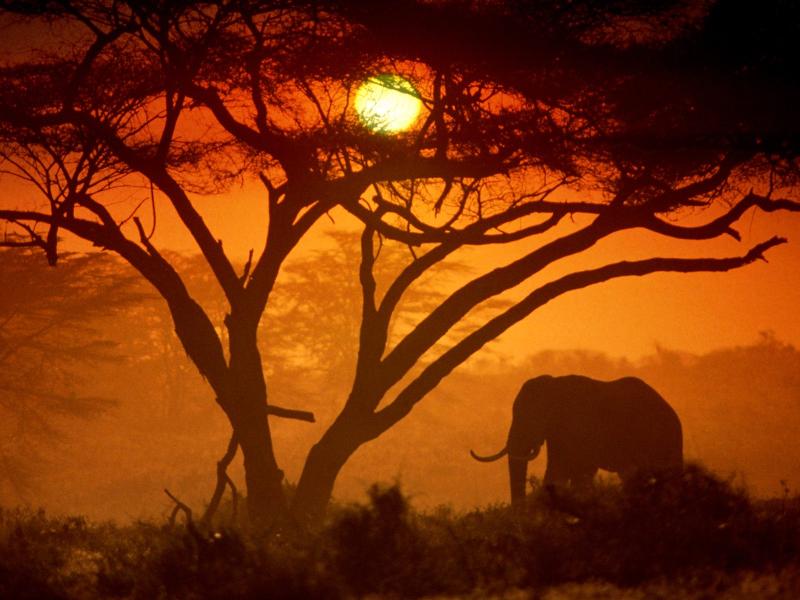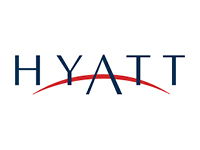
Eco-Tourism in Kenya
By Sophie Rogers
Launched in 2002 by Ecotourism Kenya, the Eco-rating certification scheme is a sustainable tourism certification program that promotes responsible tourism. The focus of the program is to recognise the best practice in environmental conservation, responsible use of resources and socio-economic investment among tourism and accommodation facilities such as hotels and lodges. Awards are presented to applicants assessed under the scheme with a Bronze, Silver or Gold eco-rating based on their performance. The main values of the certification include protecting, conserving and investing in the environment; reducing, reusing and recycling waste; and empowering local people in work, maintaining fair business practices.
More than 500,000 tourists visit Kenya each year, with Europe accounting for over 70% of the country’s visitors. Kenya has been the main tourist destination in Africa for a century, and its primary attraction is still its diverse and abundant wildlife. The country has a total of 54 natural parks and reserves, which remain the best places in Africa to see the ‘Big Five’ (Elephant, Buffalo, Lion, Rhino and Leopard), as well as numerous highly endangered species such as Grevy Zebra and the Black Rhino. Kenya is also the home of some of the world’s richest birdlife, estimated at 1,500 species in all, with Lake Baringo holding the world record for the highest number of species sighted in a single day. With so much natural beauty to protect, ecotourism is a fast growing market sector in Kenya today.
The number of responsible lodges in and around the main parks and reserves is steadily growing, together with an increase in local ownership of eco-lodges on community owned land. In addition to game-viewing in private and community owned sanctuaries, a large number of conservation-keen communities are beginning to establish innovative new tourist attractions on their land. These pioneering attractions offer more beyond the standard ‘beach and bush’ experience, and a lot of camps and lodges are now breaking new ground in sharing the benefits with their local community members. Many eco-lodges are exclusively owned by local communities, but most are partnerships between communities and private investors. The community therefore provides the land (and its resources), funds and labour, while the private partner brings funds and professional lodge management and marketing skills. In the majority of partnerships, the community is actively involved in the management of the lodge or camp.
Lodges and camps that are employing ecotourism methods are managing to do more for the local communities in the way of training and the setting up of income generating projects. These properties also find it easier and cheaper to replace their wood-burning stoves with solar and wind power, and to utilise more responsible waste disposal methods. Areas such as the Maasai Mara have camps and lodges that have banned the use of firewood outright, while others have installed their own constructed wetlands for recycling their wastewater naturally. Water is a very scarce commodity in some of Kenya’s semi-arid environments, and is a source of growing conflict between people and wildlife. Lodges therefore have a crucial role to play in the conservation of water – particularly in remote rural areas. Alongside simple ideas such as encouraging guests to reuse towels and minimise their water consumption, many Kenyan lodges are implementing serious water conservation measures, by restricting water pumping to certain times of the day, installing low pressure showers and promoting the use of recycled water and rainwater. Although these measures may not always mean maximum comfort; they aid lodges in coexisting with water-starved communities, livestock and wildlife.
In 2012, it was reported that 32,000 wild lions currently inhabit Africa. On its own this may not seem like a startling fact, but when we consider that 40 years ago Africa was home to over 200,000 lions, we realise that something has to be done to stop the decline of wildlife and conserve Africa’s diverse natural world. The loss of the lion is a devastating prospect for Africa and for the rest of the world; as they play such a huge part in the continents food chain. If lions are unable to control the more dominant herbivore species such as zebra; other herbivore species would be out-competed and become extinct, thus reducing biodiversity.
The lion is a symbol of African wildlife, and some of the continent’s most needy communities rely on money brought by tourism. Lions and other African animals face several threats including loss of habitat, poaching, and climate change to name but a few. However, ecotourism in countries such as Kenya are innovatively tackling these issues and enabling wildlife to thrive to its full potential, making Kenya one of Africa’s prime ecotourism destinations.
Supporting ecotourism in Kenya is simple. You can help community initiatives directly by including an eco-lodge in your own travel itinerary. Eco-friendly tour operators are abundant in Kenya, and the majority of them are members of Ecotourism Kenya and the Kenya Association of Tour Operators (KATO).
Share this article:



















